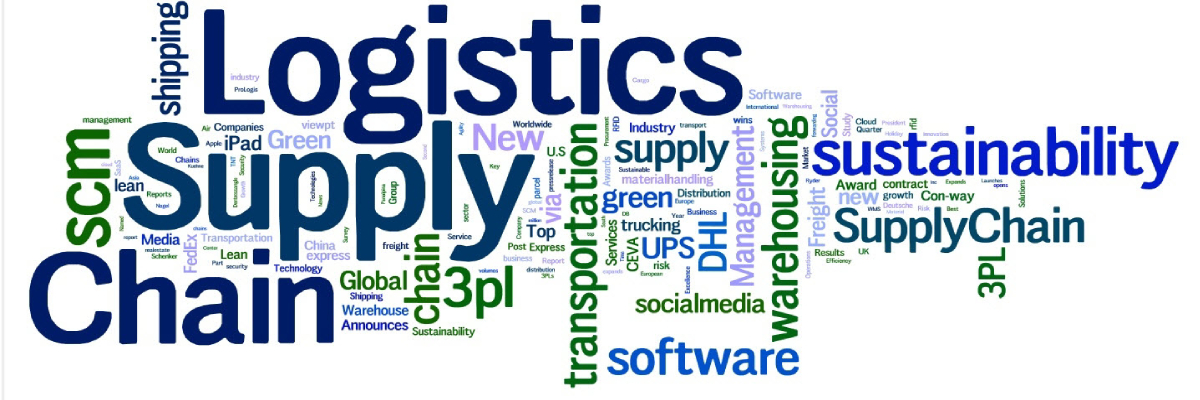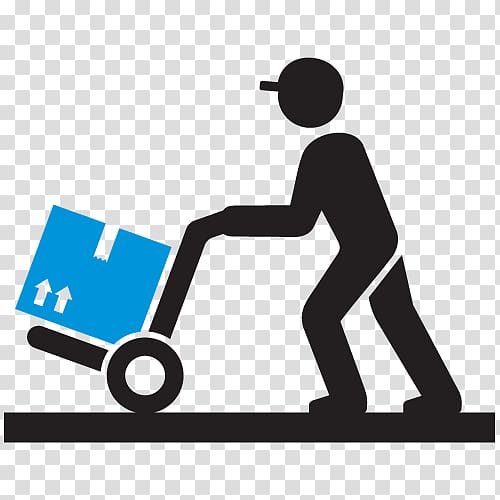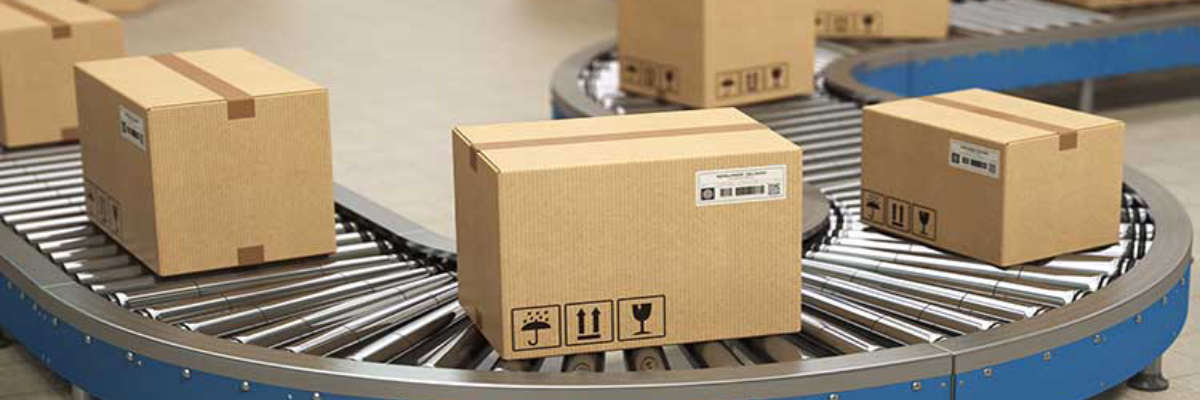10 Essential Logistics Terms You Need to Know

Monday, 26 August 2019 | Logistics Technology
If you are new to the freight industry, then it would be a little confusing to keep track of the industry terms. Knowing the basic terminology used in logistics and transportation industry will help you understand the shipping process and manage supply chain efficiently. It would also help in communicating with the logistics providers and making informed decisions. In this post, we have compiled a list of a few common logistics terms and definitions.
-
Shipper/consignor
A person or a company that initiates the shipment by packing, labeling, and arranging goods for the transit. In most cases, consignor will be the supplier or owner of commodities shipped.
-
Consignee
A person or a company to whom the goods are shipped by the shipper.
-
Carrier
A person or a company that transports the commodities from consignor to consignee. The carrier will be responsible for any possible loss of goods during the transit. Trucking companies, railroad, airline, parcel or express companies are a few examples of carrier.
-
Freight bill or Bill of lading (BOL)
A document issued by the carrier to shipper for the transportation of commodities. This legally-binding contract would underline all aspects of the freight shipping including method of shipment, destination, basic information about the contents and more. BOL can be used as a receipt for the freight and as a proof of ownership to pickup and deliver.
-
Freight broker
A person or a company that acts as an intermediary between a shipper and carrier is termed as a freight broker. They will be responsible for brokering deals with shippers and then facilitating the movement of shipper’s freight with carriers.
-
Brokerage License
According to the federal law, anyone arranging transportation of a property for compensation should have broker license issued by the Federal Motor Carrier Safety Administration (FMCSA). An NVOCC (Non-Vessel Operating Common Carrier) license is required for arranging sea shipping whereas an IAC (Indirect Air Carrier) license is required for arranging air shipping.
-
Freight forwarder
An independent business that arranges shipments for individuals or companies with one or more carriers. The transportation may be by land, air, or sea. A freight forwarder will handle all the services connected to shipping such as packaging, temporary warehousing, documentation, export clearance and more.
-
Truckload or Full Truckload (TL/FTL)
When a shipper contracts an entire truck for a single shipment by gaining its exclusive use, it is termed as full truckload. This might be ideal for transporting one large commodity or multiple pallets of freight in a point-to-point transit model.
-
Less-than-truckload or Less-than-Load (LTL)
A shipping service where freight is smaller than a whole truckload and multiple shippers share space on the same trailer by only paying for their freight weight. LTL shipping is ideal for transporting smaller batches of commodities frequently.
-
Third party logistics (3PL)
A person who solely receives, holds, or otherwise transports a consumer product in the ordinary course of business but who does not take title to the product.





